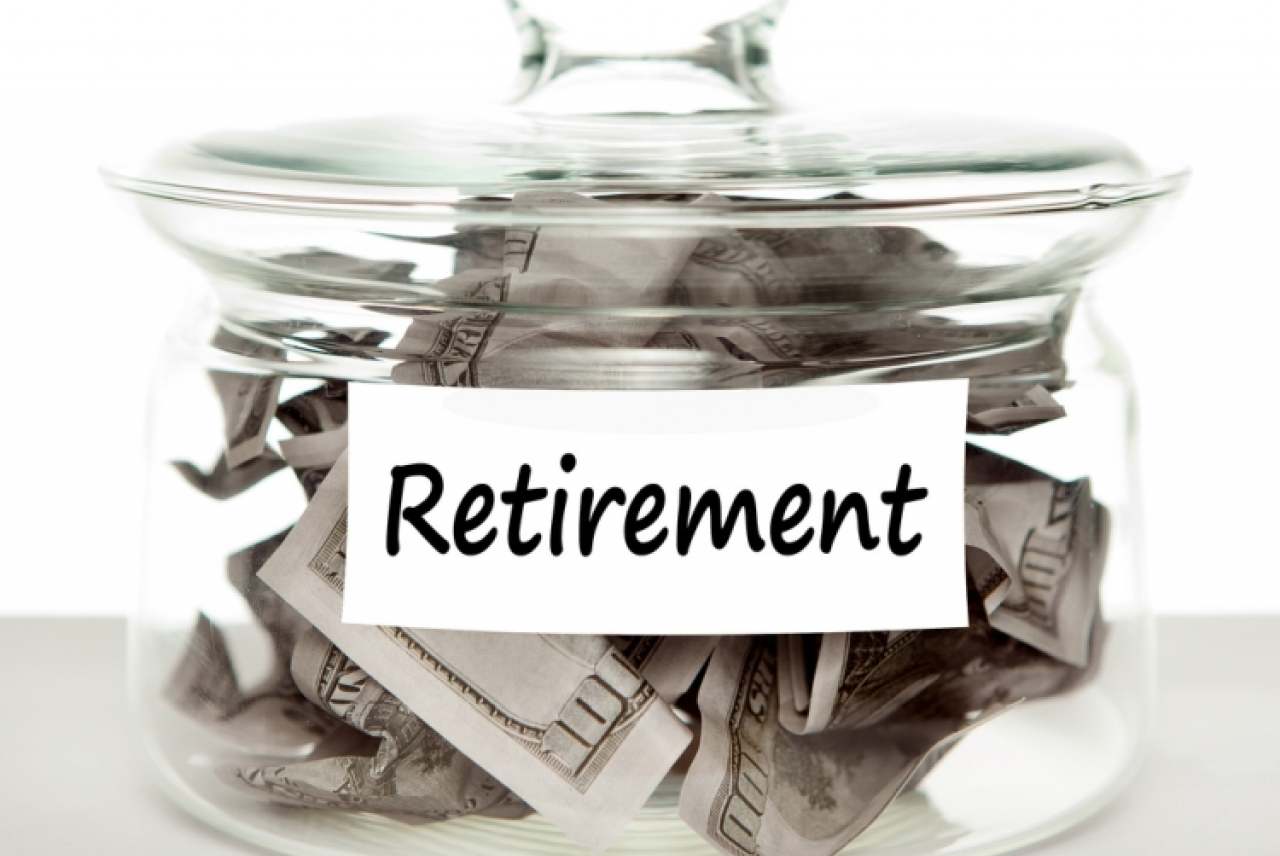New regulations in the UK mean that all employers not already providing pensions will need to put their staff into a pension scheme and contribute towards it. This is called auto enrolment, and by 2018 an estimated nine million workers – mainly within small- to medium-sized businesses – will be saving into such pension schemes.
Life insurance companies and pension funds are one of the largest investor groups in the UK, with a staggering £3 trillion in assets under management according to the Bank of England. The nine providers covered in this survey represent a huge portion of this sector as they have over £1.9 trillion in total assets under management.
The Organisation for Economic Co-operation and Development (OECD) estimates that UK pension funds invest 27.7% of their assets abroad, meaning their investment behaviour has global consequences. As large shareholders, these pension providers have significant power to influence the behaviour of companies in the UK and across the globe.
(Also see our guide to Ethical Pensions)
ShareAction's ethical ranking of pension providers:
| Rank | Pension Provider | Score out of 80 |
|---|---|---|
| 1 | Aviva | 39 |
| 2 | Standard Life (contract based scheme) | 37 |
| 3 | Standard Life (Master Trust) | 36 |
| 4 | Aegon | 32 |
| 5 | Nest | 27 |
| 6 | Legal and General (contract based) | 23 |
| 7 | Legal and General (Master Trust) | 23 |
| 8 | Now Pensions | 17 |
| 9 | Royal London | 16 |
| 10 | Scottish Widows | 13 |
| 11 | The Peoples Pension | 4 |
This is ShareAction’s first survey of auto enrolment providers and it looked at ethical performance across eleven areas to reach its score:
- Governance
- Transparency and accountability
- Climate change
- Human rights
- Labour rights
- Nature
- Remuneration
- Taxes and corruption
- Extractive industries
- Power generation
- Arms
The survey found that communications and accountability to members still fall way short of what is needed to overcome the public’s widespread lack of trust and understanding of the pension sector, and to ensure their valid ethical concerns are reflected in investment policy and practice.
None of the providers include information about Responsible Investment issues in the annual statement sent to members. Only one provider surveys the members of its auto enrolment default fund about Responsible Investment.
Only Standard Life names all the companies they engage with, alongside a summary of the topics they engage with companies on. Only NEST publishes a list of their largest investment holdings.
Climate change
Institutional investors have a vital role to play in ensuring global warming remains below the 2˚C target agreed by global leaders in Paris.
All the providers except for The People’s Pension mention climate change in their investment policies, but there is much room for improvement on this issue.
Only Aviva has committed to measure and disclose the greenhouse gas emissions of its entire investment portfolio.
Only Aviva, Aegon and Legal & General state that they invest in companies or projects that support the transition to a low-carbon economy and emissions reduction in the economy as a whole.
Only Aviva, Standard Life and Scottish Widows assess the risks of ‘stranded assets’ with respect to fossil fuel companies’ project portfolios.
However, as six of the providers have recently signed the Paris Pledge for Action, committing them to support implementation of the Paris agreement, it is hoped that rapid improvements will be seen.
This article was compiled using data from ShareAction’s 2016 report ‘Reclaiming Ownership: A survey of governance and responsible investment at UK automatic-enrolment pension providers’.
Their 2018 report is downloadable from the ShareAction website and there is also a web tool that enables savers to explore and compare the performance of the pension provider which manages their savings.


